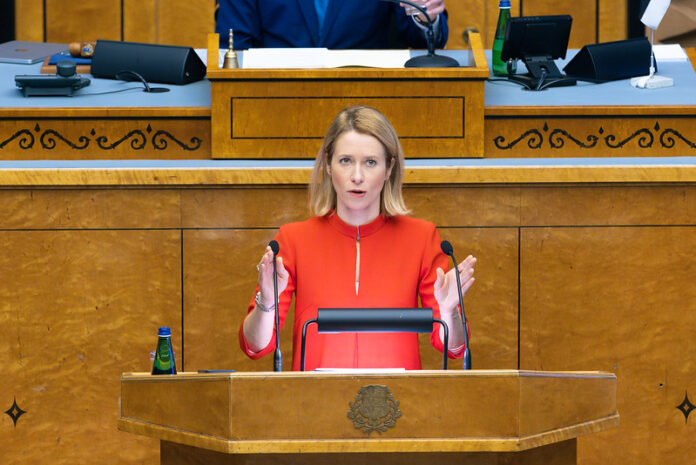Stenbock House, 01 May 2024 – The Estonian government has approved this year’s stability programme at an e-session, providing a framework for planning fiscal policy for 2025–2028. The programme, which is a crucial part of the coordination and monitoring process of economic policy in the European Semester, aims to ensure that Estonia’s fiscal policy continues to align with the Stability and Growth Pact.
“Well-managed public finances are part of Estonia’s security, it is the basis for the credibility of the state and an important prerequisite for the growth of the Estonian economy,” emphasised Prime Minister Kaja Kallas. “The government is making a huge effort to close the gap between state expenditure and revenue, which according to the spring economic forecast is larger than we estimated when preparing the state budget strategy last August.”
The stability programme provides an overall framework for planning the fiscal policy for 2025–2028. The document approved today is based on the current state budget strategy, but changes to the underlying documents for public finances will be made after the summer forecast is finalised in August.
Several measures planned in the state budget strategy are being developed in the Riigikogu or are still being discussed by the government and may change in the course of debates. “In our state budget strategy, we have agreed on various measures to reduce expenditure and increase revenue. The revenue measures initially planned for 2025, which will be postponed, must be furnished with additional savings in the public sector,” said Minister of Finance Mart Võrklaev.
According to the spring economic forecast of the Ministry of Finance, the deficit will be 1.4 billion euros or 3.5% of GDP this year. The deficit increases due to the 2024 state budget decisions, which allocated additional funds to national defence, education, for ICT expenditure and investments.
The expenditure for 2024 will increase due to additional costs to improve security capacity, old-age pensions, interest costs, and large-scale operating grants and investments resulting from the new funding period of the structural funds. In addition to national defence, expenditure remains above the current level in other priority areas such as social protection, health, and education. The government’s fiscal stimulus has helped the economy to survive the recession years better, but now deficit-reducing measures must be implemented so that the budget deficit does not worsen in the coming years.
As major revenues, the state has planned a motor vehicle tax, the sweet drink tax, but also the national defence tax and other measures. The government is committed to ensuring that these measures will not exceed the budgetary targets of this year’s stability programme.




